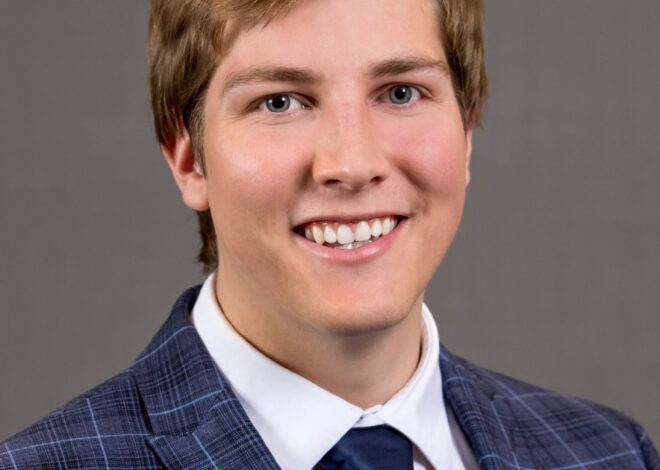New bill to make gender affirmation surgeries and procedures illegal
Lawmakers in Pierre began the first set of hearings on Monday to decide on a new bill that will, if passed, affect doctors and transgender minors. The bill would make it a first-class misdemeanor if doctors conduct gender affirmation surgeries and treatments
The Vulnerable Child Protection Act (VCPA), also known as House Bill 1057, is sponsored by Republican Representative Fred Deutsch of South Dakota’s Fourth District. The bill prohibits medical professionals from performing any surgeries like vasectomies, hysterectomies, mastectomies, puberty-blocking medications or removing any non-diseased tissue. The bill does not prohibit minors from socially transitioning, however.
A major argument within the hearings is the motivations for the VCPA. Deutsch is supported by 44 other lawmakers but is opposed by Democratic legislators and the American Civil Liberties Union of South Dakota (ACLU). The opposers claim they will fight the bill on the stance that it is unconstitutional and targets the transgender community.
Sandy McKeown, professor of criminal justice at USD, said every year, somebody in the state legislature sponsors a bill aimed at transgender youth in South Dakota.
“One might ask what damage we do to already vulnerable young people when we force them to regularly defend their right to live a normal life, get a normal education and have normal access to health care,” McKeown said.
McKeown focuses her research on juvenile justice ethics in criminal justice trials and constitutional law.
Deutsch, however, argued there are no direct correlations to the procedures being safe.
“It breaks my heart. These are our kids in South Dakota,” he said. “These are good children that need to have a pause button and this bill is a pause button until they’re 18.”
The supporters of Bill 1057 insist the passing of the bill would protect children since gender-affirming surgeries performed before or during puberty can cause major health issues throughout the patient’s lifetime. For example, puberty-blockers can cause impaired development of bone density, psychosocial milestones and cause hormone dependancies.
Mandie Weindant, professor of economics and advisor of USD’s Spectrum organization, said such procedures are discouraged on minors because of the known threats. Both the World Professional Association for Transgender Health and the National Endocrine Society have Standards of Care for transgender minors and disapprove of gender-affirmation procedures during puberty.
“Another facet of this bill punishes doctors for providing medication to temporarily halt puberty for transgender youth,” Weindant said. “This is a huge concern as puberty causes gendered bodily changes which would not align with a transgender child’s gender identity.”
The VCPA does not prohibit doctors from assigning a sex to an intersex newborn. Intersex is defined as individuals born with several variations of sex characteristics such as chromosomes or sex organs.
“This bill does allow for doctors to arbitrarily determine an intersex newborn’s gender at birth and make surgical changes, which is incredibly troubling,” Weindant said.
Opposers of Bill 1057 also assert it threatens the mental health of transgender children. According to a study by the American Academy of Pediatrics, transgender and non-gender conforming youth are at a higher risk of depression and other mental health issues.
“A large proportion of transgender youth attempt suicide every year; however, when they have support from family members, friends and a team of medical professionals, this rate declines immensely. [House Bill] 1057 legislates away a large portion of that support,” Weindant said.
Deutsch argued in a statement from The Argus Leader that “[Transgender minors] are warned that if they do not consent to medical treatment, their child will be at higher risk of suicide. But there’s no evidence to support this claim,” Deutsch said.
If passed, McKeown said the bill would be challenged on an unconstitutional basis by the ACLU.
“I suspect that if this bill passes, it will be challenged on constitutional grounds since it appears to single out a vulnerable population for the specific purpose of denying them necessary medical treatment,” McKeown said.
The bill will continue in the House until it is voted on in the intermittent future.
The Volante reached out to Spectrum for this story, but they declined to comment on Bill 1057.


